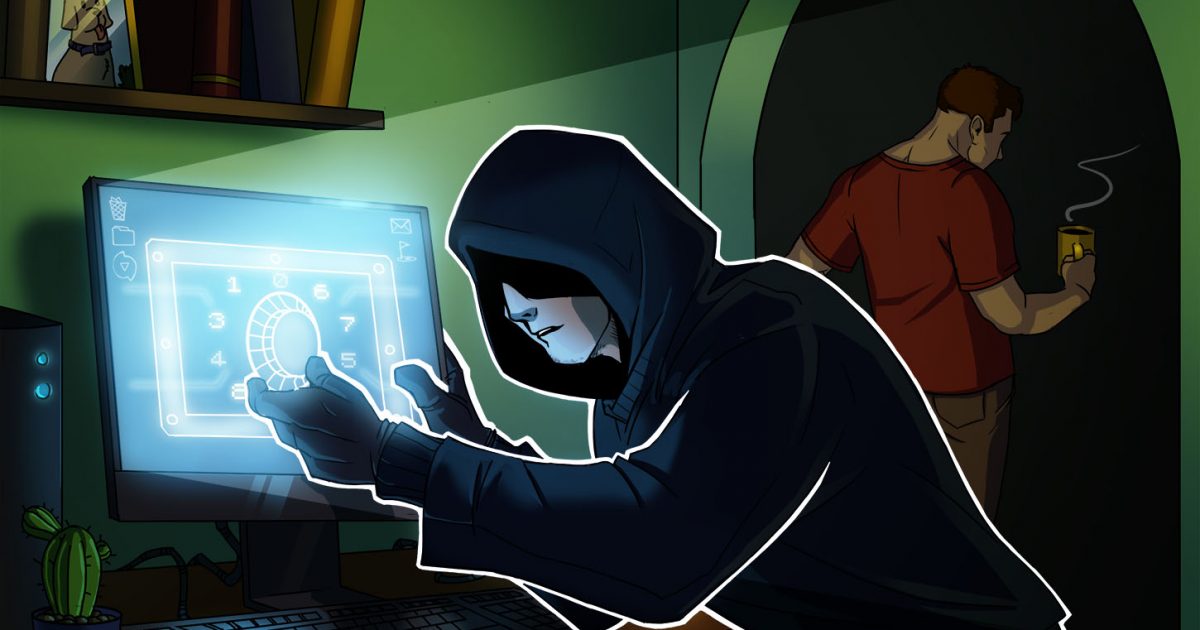A new trojan attack using malware called GMERA is targeting cryptocurrency traders who use trading applications on Apple’s macOS.
The internet security company ESET found that the malware comes integrated into legitimate-looking cryptocurrency trading applications and tries to steal users’ crypto funds from their wallets.
Researchers at another cybersecurity firm Trend Micro first discovered GMERA malware in September 2019, when it was posing as the Mac-specific stock investment application Stockfolio.
Copying the actual applications
ESET found the malware operators have integrated GMERA to the original macOS cryptocurrency trading application Kattana. They have also copied the website of the company and are promoting four new copycat applications — Cointrazer, Cupatrade, Licatrade and Trezarus — that come packed with the malware.
The fake websites have a download button which is linked to a ZIP archive containing the trojanized version of the app. According to ESET, these applications have full support for trading functionalities.
“For a person who doesn’t know Kattana, the websites do look legitimate,” wrote the researchers.
The researchers also said that the perpetrators have been directly contacting their targets and “socially engineering them” to download the infected application.
The malware in a nutshell
To analyze the malware, ESET researchers tested samples from Licatrade, which they said has minor differences compared to the malware on other applications but still functions the same way.
The trojan installs a shell script on the victim’s computer that gives the operators access to the users’ system through the application. The shell script then allows the attackers to create command-and-control servers, also called C&C or C2, over HTTP between theirs and the victim’s system. These C2 servers help them consistently communicate with the compromised machine.
According to the findings, the GMERA malware steals information such as user names, cryptocurrency wallets, location and screen captures from the users’ system.
ESET, however, said they had reported the issue to Apple and the certificate issued by the company to Licatrade was revoked the same day. They further added the other two certificates used for different applications were already revoked by the time they initiated their analyses.




